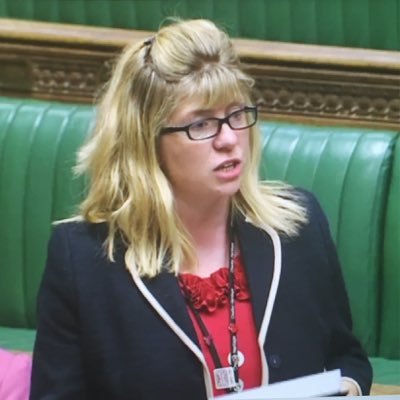Lots of misinformation has circulated in recent months over the use of storm overflows and sewage being discharged into our waters. Last week in Parliament more progress was made.
Storm overflows, which discharge out to sea when our sewage system is at capacity, have been in place since Victorian times.
It is only recently, since the government introduced new laws to monitor their use, that we all realise how often they are used.
Most of the sewage discharge systems locally are a dual system, meaning they collect both sewage and rainfall.
It is the rainfall element that causes the system to fill up, with sewage being only a tiny percent.
Sewage on its own would rarely cause the need for overflows to be used. With the heavy amount of rainfall in recent weeks we have seen more discharges than usual.
While it may seem that we are seeing more sewage discharges from these storm overflows, the reality is that until a few years ago these overflows were not monitored but were constantly discharging.
It is only since 2010 that this government introduced mandatory monitoring – and we have moved from 7 per cent of overflows being monitored to over 96 per cent now.
By the end of the year, 100 per cent will be monitored. It means we are now more aware of the extent of the problem.
While the government has produced the £56 billion Storm Overflows Discharge Reduction Plan, with work starting immediately to decouple it from rainfall collection, this will take time.
That is why last week we voted for several new measures in Parliament to make sure water companies are taking immediate action.
Firstly, we are lifting the cap on civil penalties for water and sewerage companies, raising them up to unlimited penalties so that polluters pay for their impact on the environment, with fines now being reinvested into further improving rivers and water bodies.
In addition, the government has now put targets in the Storm Overflows Discharge Reduction Plan on a statutory footing, making them legally binding so water companies have to comply.
The Environment Secretary has written to water companies requiring a plan on every overflow on her desk by the end of June.
Work locally to decouple the sewage system from rainfall will start imminently and will involve digging up every road across Sussex to replace the dual system we currently have.
Water companies are investing £3.1 billion to deliver the 800 storm overflow improvements across England by 2025.
Maria Caulfield is the Conservative MP for Lewes and a former member of Brighton and Hove City Council.









